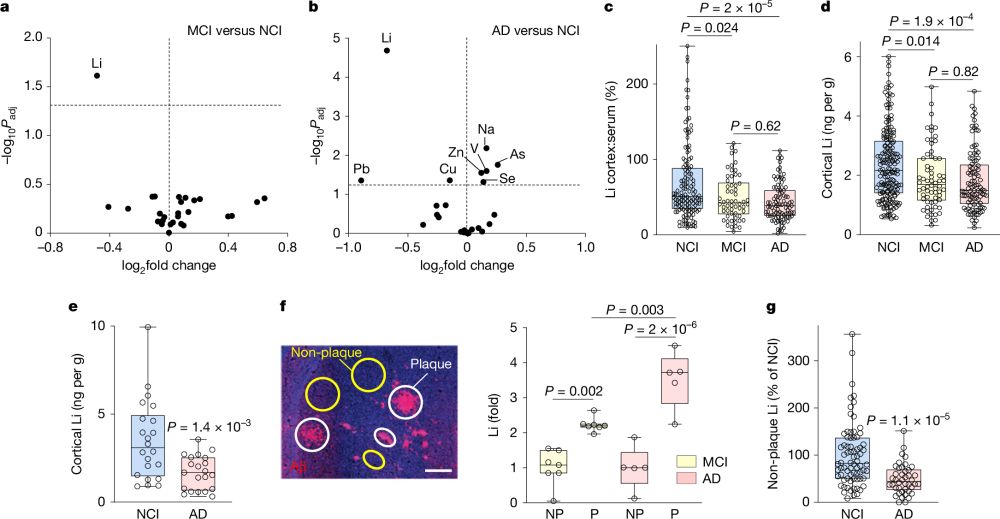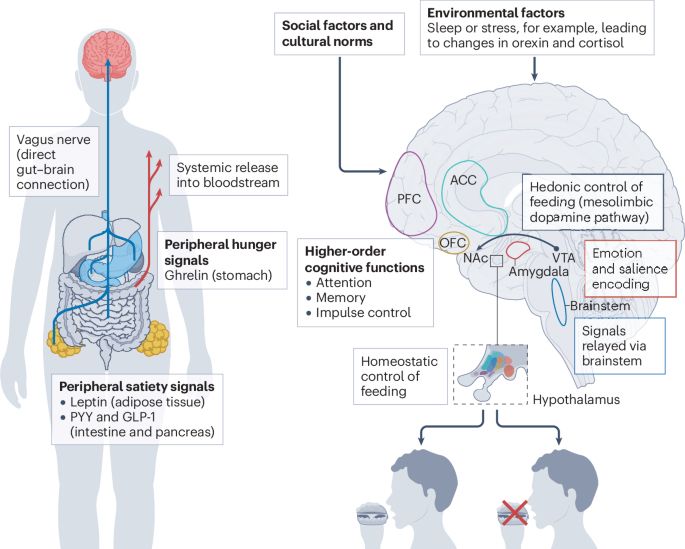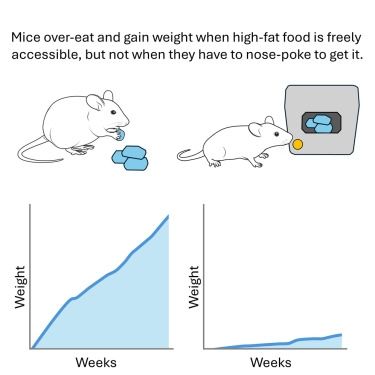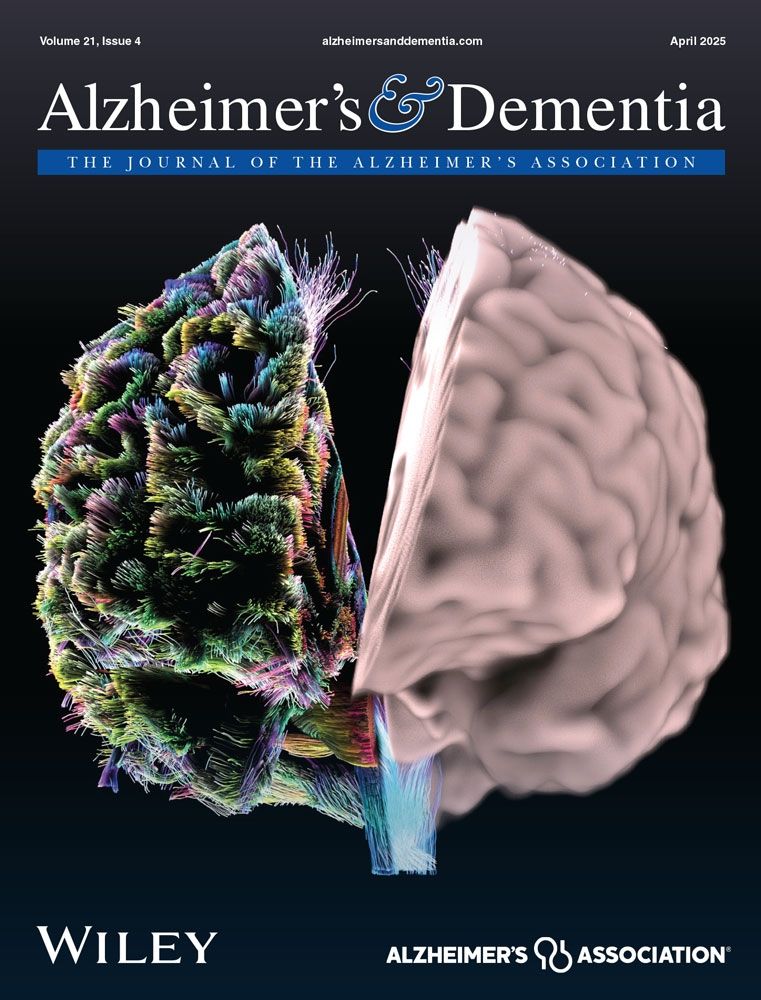I reread this over and over again and this absolutely breaks my brain
04.09.2025 05:33 — 👍 152 🔁 39 💬 8 📌 4

Portrait of Dr Alexander Jais, recipient of the EFSD research award, affiliated with the Helmholtz Institute for Metabolism, Obesity and Vascular Research. Text overlay reads 'Recipient Research Portrait' and 'Doctor Alexander Jais'

Research summary text describing Dr Alexander Jais’ study on sucrose-responsive hypothalamic neurons and their role in controlling glucose metabolism and insulin sensitivity, highlighting potential implications for understanding the brain’s role in diabetes.

Promotional graphic for EFSD/Novo Nordisk Foundation Future Leaders Award with the EFSD logo, text 'Apply for research grants and fellowships', and the website europeandiabetesfoundation.org
🧠Meet Dr Alexander Jais ( @www.helmholtz-munich.de ), #EFSD/@novonordiskfond Future Leaders Awardee.
Don't miss his presentation on sucrose-responsive neurons & glucose metabolism at the EFSD/NNF Future Leaders Symposium at #EASD2025:
📅Thurs, 18 Sept 2025 | 🕛12:45 CEST
📖 doi.org/10.1016/j.is...
12.08.2025 12:07 — 👍 6 🔁 5 💬 0 📌 0

B cell-derived nociceptin/orphanin FQ contributes to impaired glucose tolerance and insulin resistance in obesity
Biological sciences; Endocrinology; Natural sciences; Physiology
Congratulations 🎉
New iScience paper by PhD student Stephanie Puente‑Ruiz:
The non-classical opioid peptide N/OFQ promotes macrophage recruitment and metabolic inflammation
www.cell.com/iscience/ful...
26.06.2025 13:00 — 👍 1 🔁 0 💬 0 📌 0

Based on studies in mice selective, durable AgRP neuron inhibition may prove an attractive strategy for the future treatment of T2D in humans www.jci.org/articles/vie...
15.05.2025 16:31 — 👍 4 🔁 2 💬 0 📌 0
Check out the roadmap to the first consensus atlas of human and mouse #adiposetissue.
Great initiative by the adipose bionetwork of #humancellatlas!
@humancellatlas.org @humancellatlas.bsky.social
13.05.2025 20:50 — 👍 4 🔁 2 💬 0 📌 0

The Physiology of Hunger | NEJM
To the Editor: The review article by Fasano (Jan. 23 issue)1 concerning human nutrition
and hunger regulation omits the crucial role of autophagy, a cellular recycling process
vital for maintaining...
Is increased hunger really a primary driver of obesity?
In this Letter to the Editor in @nejm.org, Thorkild Sørensen, Mark Friedman and I question the widespread idea that many develop obesity because they overeat 👇 1/5
www.nejm.org/doi/full/10....
@cbmr.science
08.05.2025 07:52 — 👍 3 🔁 1 💬 1 📌 0

Hypothalamic PNOC/NPY neurons constitute mediators of leptin-controlled energy homeostasis
Activation of PNOCARC neurons promotes feeding. Here, Solheim et al. describe PNOC
neurons in the murine ARC as mediators of leptin action in body weight maintenance.
Moreover, they molecularly and fu...
GABAergic, Non-AgRP neurons are critical for the regulation of overnutrition 🍟🍔 - this new study shows that leptin exerts a substantial portion of its appetite- and body-weight-regulatory effects via PNOC/NPY-expressing neurons!
@cp-cell.bsky.social @mpi-metabolism.bsky.social
25.04.2025 09:26 — 👍 4 🔁 2 💬 0 📌 0
(5) This reveals a dual role for endothelial Notch signaling: it mitigates short-term glucose transport deficits but contributes to central insulin resistance over time. Here, we identify the hypothalamic Notch-Cav1 axis as a therapeutic target for addressing diet-induced metabolic disorders!
09.04.2025 07:40 — 👍 0 🔁 0 💬 0 📌 0
(4) However, sustained Notch1 activation suppresses caveolin-1 expression, reduces insulin transport across the BBB and impairs systemic insulin sensitivity. Our findings indicate that the molecular structure of the BBB adapts to dietary changes, influencing glucose and insulin transport differently
09.04.2025 07:40 — 👍 0 🔁 0 💬 0 📌 0
(3) We demonstrate that a high-fat diet (HFD) quickly reduces Notch1 signaling in hypothalamic brain microvascular endothelial cells (BMECs), leading to impaired glucose uptake. Overexpressing the Notch intracellular domain in BMECs can maintain glucose uptake despite HFD exposure...
09.04.2025 07:39 — 👍 0 🔁 0 💬 0 📌 0
(2) By revealing the crucial role of endothelial Notch signaling in regulating glucose transporter expression, caveola formation, and BBB permeability, we identify a mechanism that explains how dietary signals influence brain insulin access and systemic insulin sensitivity.
09.04.2025 07:39 — 👍 0 🔁 0 💬 0 📌 0
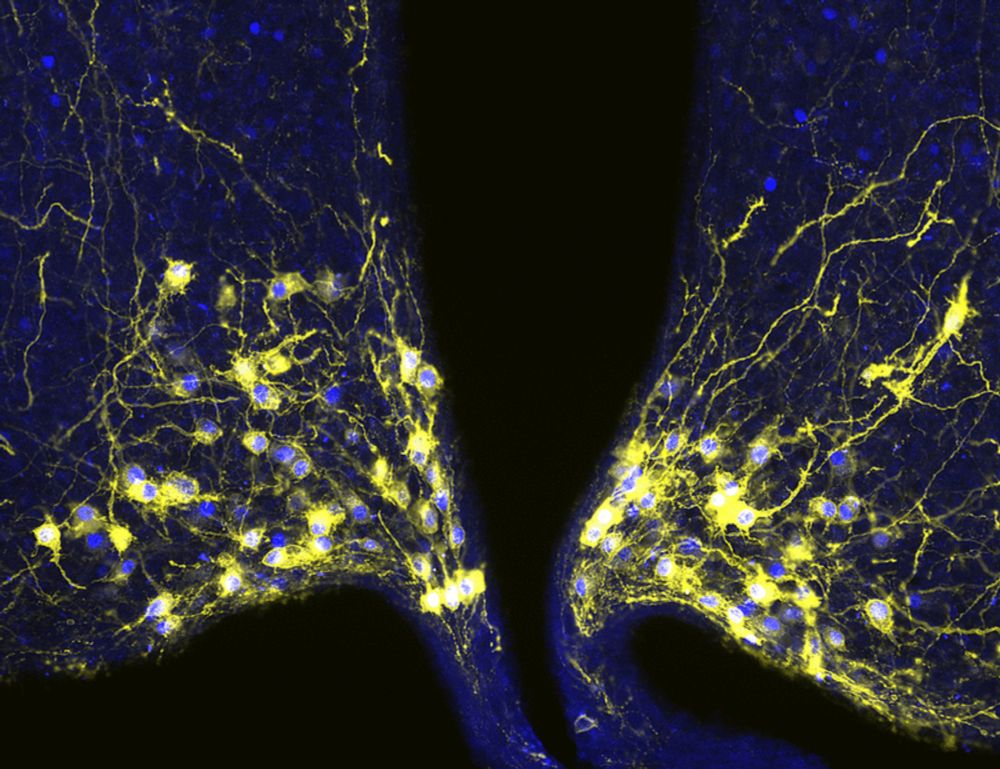
Brain sensing of metabolic state regulates circulating monocytes
Brain-initiated hunger signals control circulating monocyte dynamics.
Our latest study
@science.org #Immunology on perception of #hunger and #immunity.
#BrainBody #Melanocortin #AgRP #POMC neurons. #Brain-liver axis. Permissive action of #stress #hormones.
@ukri.org @fbmh-uom.bsky.social
www.science.org/doi/10.1126/...
07.04.2025 14:33 — 👍 44 🔁 13 💬 1 📌 2



